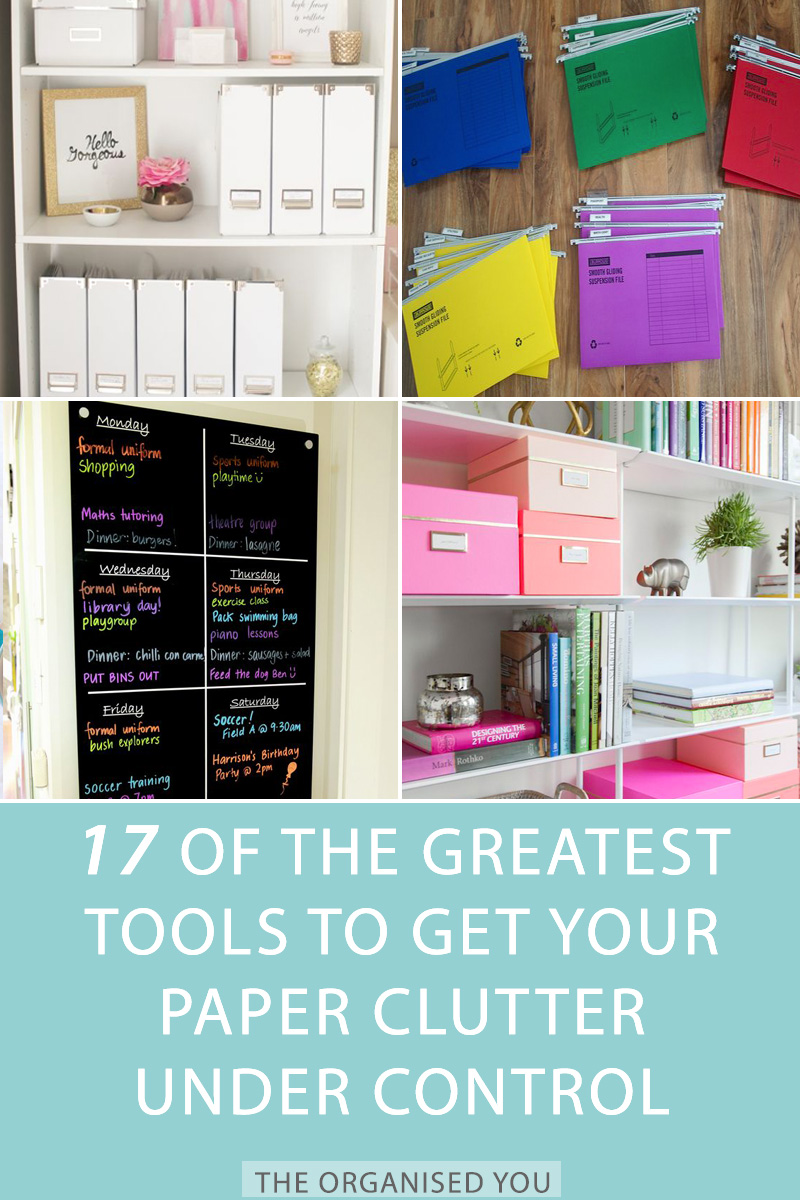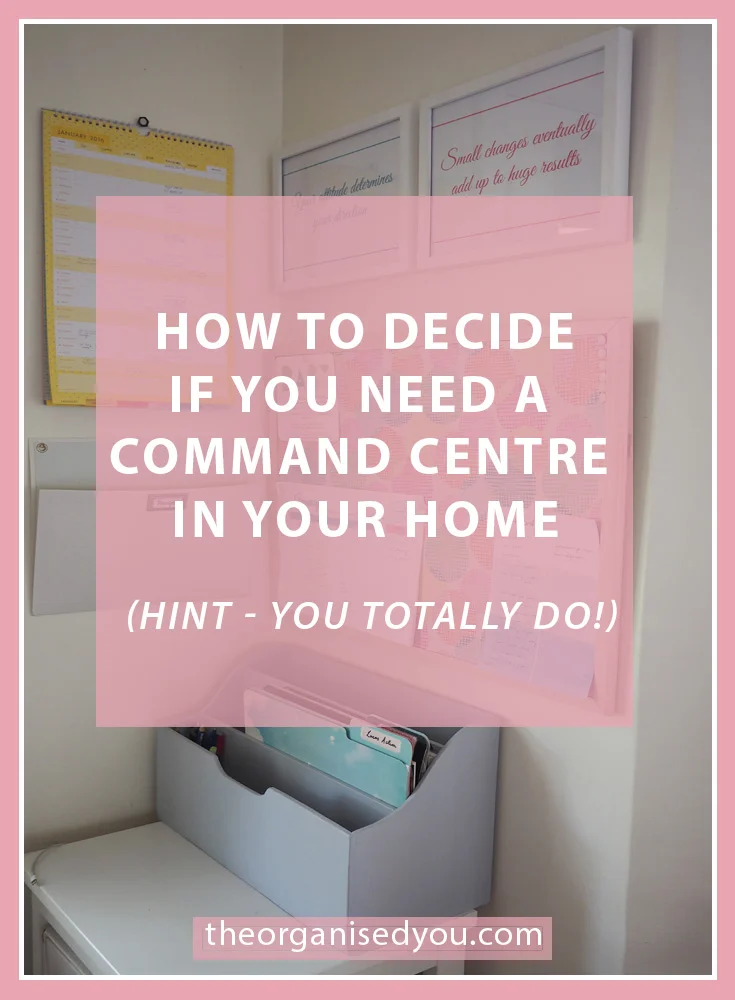Imagine if you had all your important household information in the one easy-to-access spot, so you didn't have to go searching through piles of paperwork to find what you needed. A household [or family] binder will help relieve you of this stress, and is one of the greatest time-saving devices for getting through those more mundane tasks!
Today I'm sharing the recent changes I made to our personal household binder, as well as 4 free binder printables to help get you started on your journey to organisation, and have a calmer approach to tackling paperwork.
Essentially, a household binder is a holding place for all the important information you accumulate in your life, such as account numbers, passwords, phone numbers and policy numbers. It keeps everything in the one spot, meaning you don't have to go searching through the house every time you need to access those important numbers. This information can come in useful when:
you're filling out a form for your child's school or kindergarten
you're filling out a form for work
you need to ring a utility company and have to quote your account information
you need to change or update policy information
you're making a medical appointment
your banking details change and you need to make different companies aware of this change
I shared how I set up my own household binder in this post. It consists of several different sections - the first is for holding this important info, and the others are household maintenance, shopping/meal planning, school info and kids' info.
I'm slowly going through the binder to update each section, but for now I'm focusing on the first section as it gets used the most, and is by far one of the biggest time-savers in my daily life. Here's a recent example of how it saved me major headaches!
I've spoken before about how we keep track of our finances, and rather than having to remember to pay monthly bills, we instead get almost everything direct debited, including gas, electricity, water, rates, home and car insurance. With this system, a nominated amount is deducted each month, which is decided upon by the individual company by averaging your yearly spend. Some months you are in credit, some months you are in debit, but it usually all evens out (or you can pay extra if you're a bit behind).
The set-up it is reviewed once a year so you are always be on track with your bill payments. The thing I absolutely love about this system is that I never have to think about paying a bill, or remember to get a bill paid on time. Everything is on auto-pilot, which just makes the whole banking process so much easier and less of a time-suck. I highly recommend it!
As some of you are aware, we are currently in the middle of a major renovation, and as a result, we've had to make changes to our mortgage. We ended up finding a better deal at a different bank, which meant I had ring all of these different companies to update our details. #painful.
This meant I had to have all of our account information and passwords handy. Although we do have a great filing system set up, it would have been a pain to have to go through all our documents to find the relevant info. So having all the important information in one spot within the household binder meant it was just a matter of going to the relevant location i.e. 'utilities' and finding the necessary information. An unbelievable time-saver!
>> Want to learn the step-by-step process for creating easy reference systems for your own household, including family, finance and easy reference binders? Discover how in part 3 of my online program 'Making Your Paper Work'.
Find out more here >>
I needed to make some updates to our original binder pages, so I quickly created some new printables. Let's take a closer look at the finer details of these pages, which you can grab for free on the button below to start creating and organising your own household binder today!
The categories include:
Medical - doctor, dentist, hospital, ambulance, private health insurance and medicare numbers
Utilities - electricity, gas, rates, water, internet/cable, mobile phones
Insurance - home & contents, life, car(s)
Other important information - passport numbers, Centrelink information
Password tracker - the various websites for which you have different usernames and passwords
I had all the information already recorded in my previous binder so it didn't take long to fill out the new pages and pop them into the front of the folder. (Go here to see how I've set up the other sections of our binder).
If you've never set up a household binder before, it will take you a little while to find and record all of your account numbers, phone numbers and relevant details. But once it's complete, you'll have all the information handy whenever you need it....and believe me, you'll need it!
You should keep your household binder in a useful location in the house, such as in a family command centre if you have one, or wherever you keep incoming paperwork, as you'll likely need to reference it often.
If you're worried about all your important details being in such an accessible location, you might feel more comfortable storing it in a home office or bedroom. I kept our household binder in our family command centre, although we'll be looking to create a new set-up within our living area when the renovation is complete - I'm itching to get started on it!






























